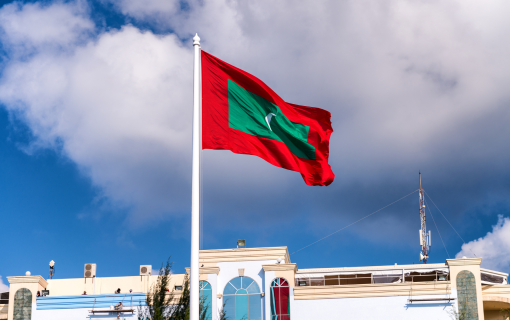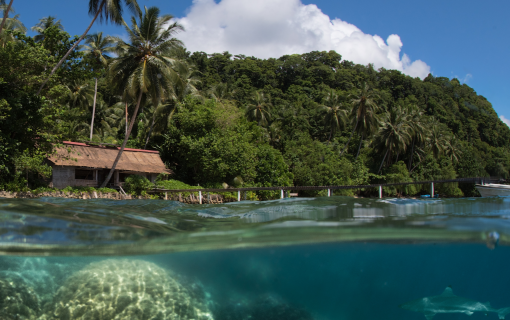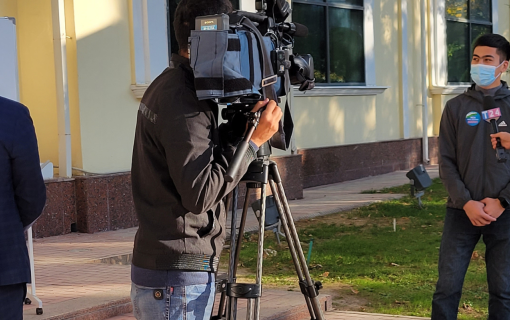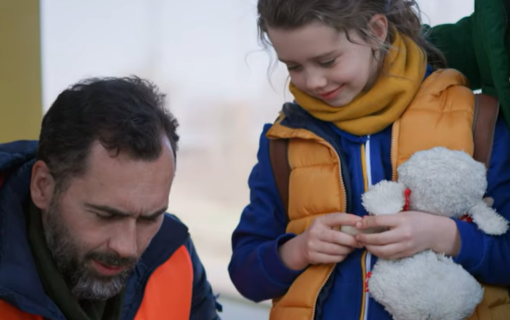
Creating Safe Spaces for Youth in Nepal
Nepal's 2015 Constitution established a federal democratic republic, newly divided into seven provinces. Following promulgation of the Constitution, Nepal successfully conducted three tiers of federal elections in 2017, the next step in the country’s democratic transition to a republic comprised of local, state and federal governments. The new federal structure decentralized power from the federal level to the provinces and local government units, giving Nepali people more opportunities to engage with local government and hope for the future.
Newly-elected representatives are making efforts to reform existing policies, reflecting the hopeful and inclusive spirit of the new Constitution. In this context, Nepal’s young people are raising their voices to demand safe spaces where their opinions are valued and they are able to reach their full potential, contributing to making Nepal a more inclusive democracy where youth voices are heard.
What does it mean to create safe spaces for youth?
"Creating an environment in the country with ample opportunities for youth to learn, enhance and contribute.” – Bhanu Pandey, 21 years old
"Safe spaces for youth are spaces where a person, irrespective of gender, can speak about his or her rights and discuss sexual and reproductive health openly with no intrusion and discrimination." – Sushmita Shrestha, 28 years old
Nepal Celebrates International Youth Day 2018
Youth organizations are among the most active civil society organizations in Nepal, reflecting the vibrant energy and spirit of Nepali people. To celebrate International Youth Day (IYD), the International Foundation for Electoral Systems’ (IFES) civil society partner Association of Youth Organizations Nepal (AYON) conducted two campaign events around IYD 2018’s theme, “Safe Spaces for Youth,” advocating for safe spaces where young people can gather, engage in activities reflecting their diverse needs and interests, participate in decision-making processes and freely express themselves. When asked what he thinks safe spaces for youth would look, 23-year-old Rajat Ojha said, "an environment where youth can be involved in the planning, decision making and implementation of social, cultural, economic and political affairs of the country."
"The age group 16-24 years shall be given more emphasis on education, health, training, leadership development and employment, whereas 25-40 years shall be actively involved in employment, leadership, management, health, investment in the youth and entrepreneurship, and policy formulation/decision and implementation."
– Nepal Ministry of Youth and Sports, Youth Vision 2025
On August 10, AYON facilitated a policy dialogue with youth organization representatives, lawmakers and the National Youth Council on involvement of youth in development planning and decision making in Nepal. Youth participants used evidence-based arguments, referring to the government-approved document, Youth Vision 2025, particularly emphasizing the need to split the current Nepali youth classification of 16-40 years into two segments (16-24 years and 25-40 years), as the needs between these two groups are quite different and should be prioritized differently by policymakers. As a result of the discussion, the lawmakers and council representatives confirmed their commitment to raise this issue and the right of youth to participate fully in political processes in their respective assemblies and high-level meetings, a positive step forward in creating safe spaces for youth in Nepal.
Following the policy dialogue, over 350 youth from AYON’s national network gathered at a full-day cultural fair on August 11 in Kathmandu to mark IYD. The event featured a panel discussion, with panelists from the National Youth Council, Blue Diamond Society – an LBGT organization – and the National Federation of the Disabled, Nepal (NFDN) who shared their experiences working to ensure rights and safe spaces for expression for youth, the LGBT community and persons with disabilities in Nepal. The discussion centered around challenges in creating safe spaces for youth in the new federal context and active roles youth can play moving forward.
The celebration was full of fun performances, including slam poetry, cultural dances, a flash mob and a performance from Nepali pop star, Sandhya Joshi. A civil society organization (CSO) fair was also ongoing throughout the day, with AYON, youth organizations and various non-profits setting up stalls to discuss their work and mobilize youth to advocate for more inclusion in political processes. Resources displayed and shared by the AYON included an IFES-developed animated video on the new federal government structure in Nepal, civic education brochures and flipcharts and information about how youth can be more actively involved in their communities.
AYON’s IYD event and the CSO fair also provided an opportunity for participants to participate in advocacy activities, including IFES' IYD social media campaign and a signature petition. With the IFES photo petition, participants expressed their views and opinions on the importance of voting and civic engagement. AYON’s signature petition aimed to ensure voting rights for youth who are 18 years of age on Election Day and voting opportunities for youth living abroad.












